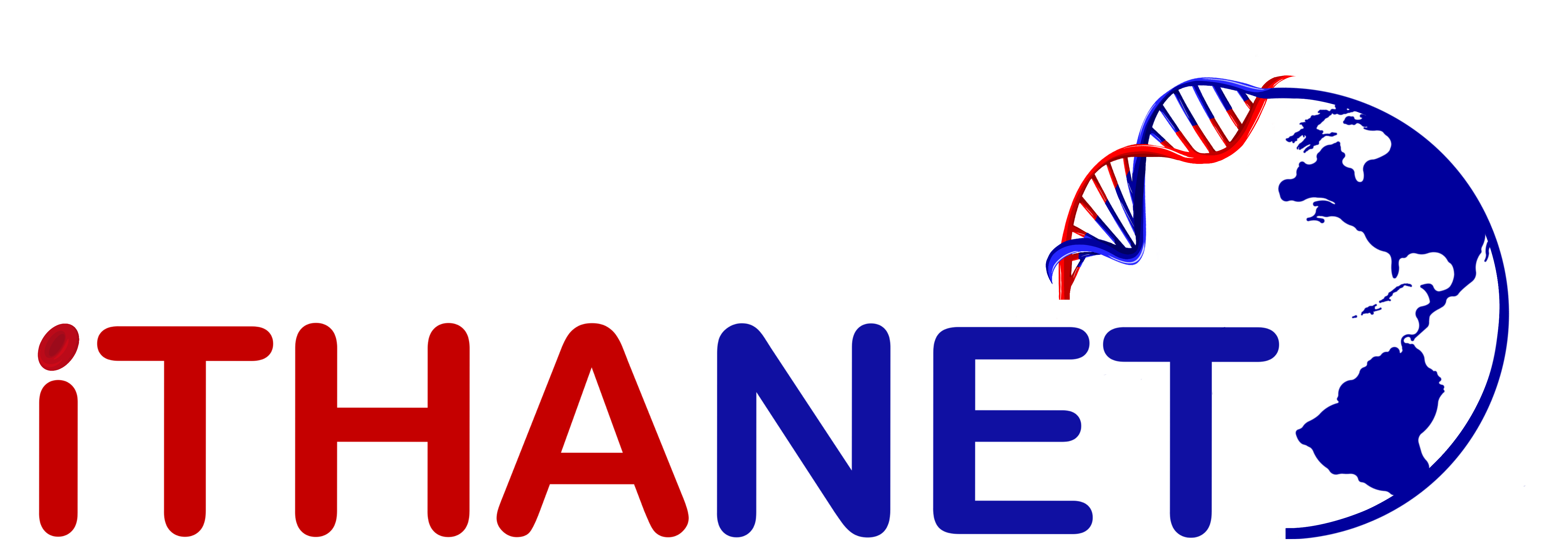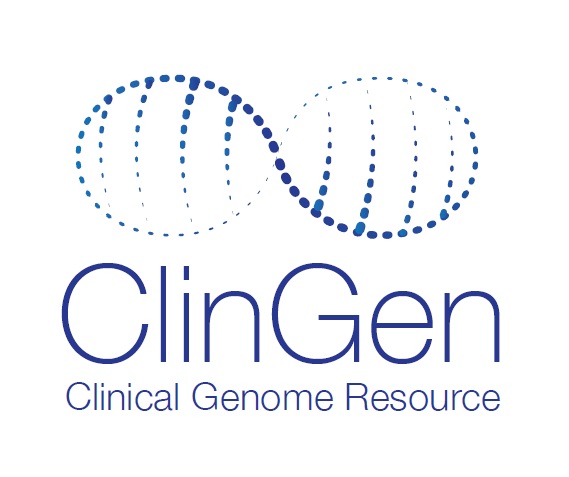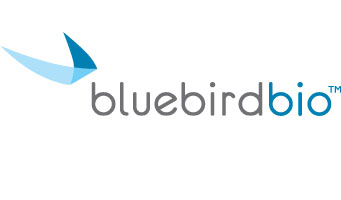
Our recent work published in the Journal of Clinical Medicine describes the first evidence-based gene ranking metric for haemoglobinopathy-specific phenotypes, called IthaScore. The developers and curators of the ITHANET portal, the largest database of modifiers relevant to haemoglobinopathies, recognized the importance of establishing a ranking metric that gives users an estimate of the strength of evidence for genes associated with specific and distinctive clinical phenotypes in haemoglobinopathies. By utilising curated data in the IthaGenes database of the portal, IthaScore successfully reflects current knowledge for well-established disease modifiers, while it can be dynamically updated with emerging evidence. Functional enrichment analysis further demonstrates the capacity of IthaScore to unravel the molecular basis of phenotypic diversity and identify new genes with plausible influence on haemoglobinopathy-specific phenotypes. IthaScore will be incorporated in IthaGenes within the next few weeks. Access the paper here.




